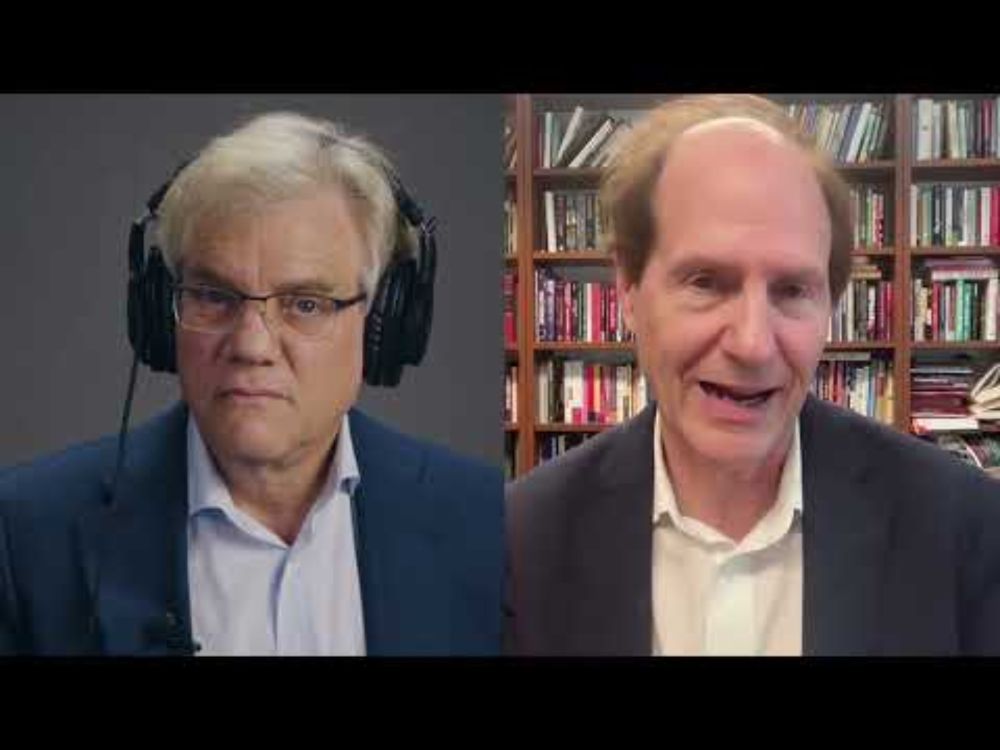A timely topic, sadly
lectures.princeton.edu/lectures/202...

A timely topic, sadly
lectures.princeton.edu/lectures/202...

democracyproject.org/posts/author...

democracyproject.org/posts/author...
A new political party called the Moderate Party is challenging on state constitutional grounds NJ's ban on fusion voting. The court is considering whether to hear this challenge.
I published an essay urging the court to take the case. More below..
A new political party called the Moderate Party is challenging on state constitutional grounds NJ's ban on fusion voting. The court is considering whether to hear this challenge.
I published an essay urging the court to take the case. More below..
"Judicial Supremacy and American Democracy"
democracyproject.org/posts/judici...

"Judicial Supremacy and American Democracy"
democracyproject.org/posts/judici...
The question is when candidates for federal office can challenge election laws prospectively. For my view, see next post
The question is when candidates for federal office can challenge election laws prospectively. For my view, see next post
democracyproject.org/posts/democr...
democracyproject.org/posts/democr...

democracyproject.org/posts/democr...
democracyproject.org/posts/must-a...

democracyproject.org/posts/must-a...
The piece traces the emergence of the Supreme Court’s new approach to separation of powers law and argues that it is grounded in a set of basic mistakes. (1/3)

The piece traces the emergence of the Supreme Court’s new approach to separation of powers law and argues that it is grounded in a set of basic mistakes. (1/3)
papers.ssrn.com/sol3/papers....
@casssunstein.bsky.social
www.youtube.com/watch?v=SqlH...

papers.ssrn.com/sol3/papers....
@casssunstein.bsky.social
www.youtube.com/watch?v=SqlH...
I explain in this post: electionlawblog.org?p=150710

I explain in this post: electionlawblog.org?p=150710
Last week, Bob Bauer and I blogged about the issues in this case and their significance: electionlawblog.org?p=150545

Last week, Bob Bauer and I blogged about the issues in this case and their significance: electionlawblog.org?p=150545
In this essay, Bob Bauer and I urge the Court to re-consider the role of parties in an age of SuperPacs
electionlawblog.org?p=150545

In this essay, Bob Bauer and I urge the Court to re-consider the role of parties in an age of SuperPacs
electionlawblog.org?p=150545
electionlawblog.org?p=150341
electionlawblog.org?p=149861
electionlawblog.org?p=149170
electionlawblog.org?p=150341
electionlawblog.org?p=149861
electionlawblog.org?p=149170

electionlawblog.org?p=150169

electionlawblog.org?p=150169
x.com/RickPildes/s...
x.com/RickPildes/s...
electionlawblog.org?p=149861

electionlawblog.org?p=149861
He didn't especially like Washington or notoriety, but he took the job of judging (if not himself) extremely seriously.
More Souters, please:
www.stevevladeck.com/p/149-david-...


